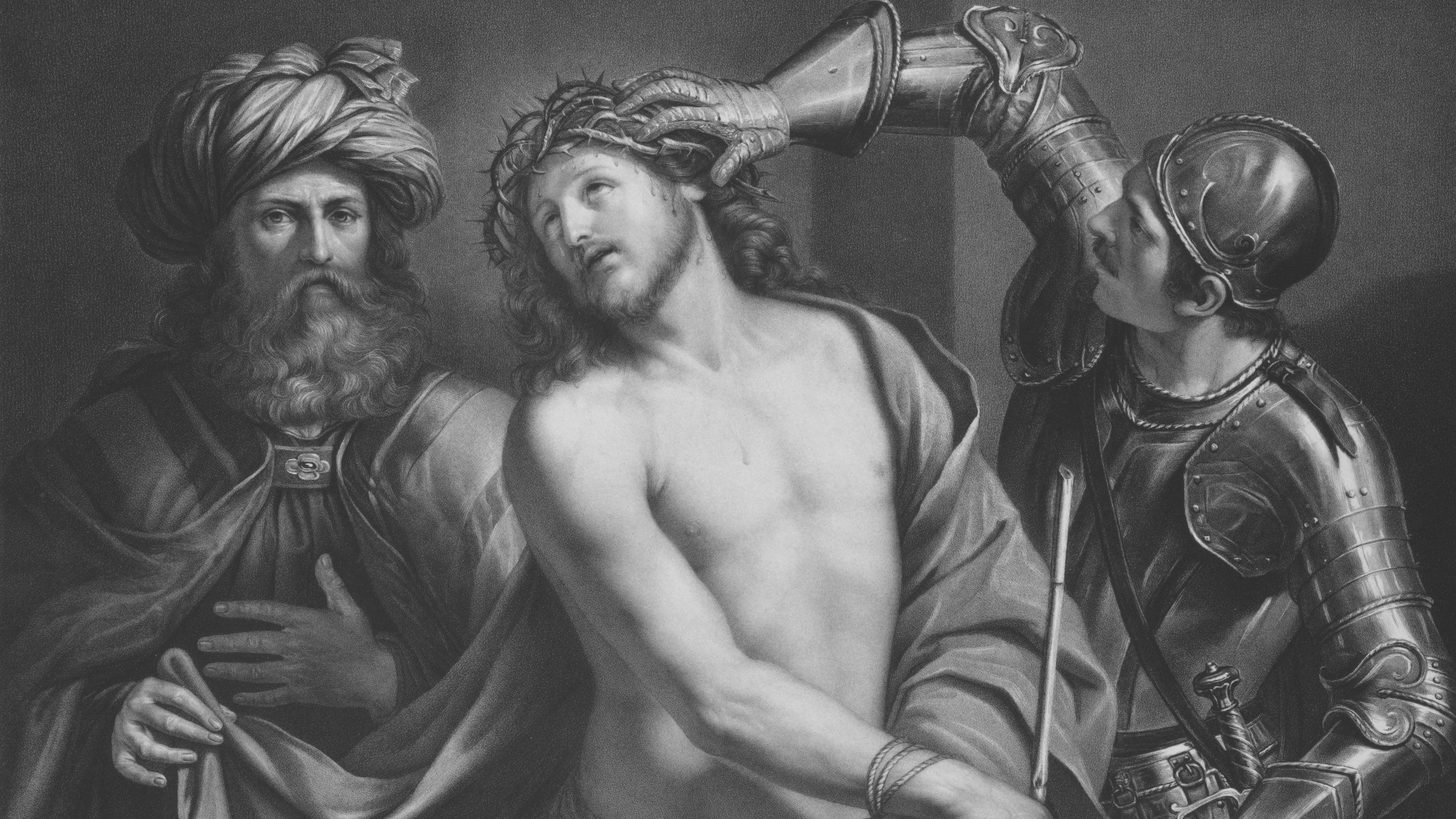
In his First Catechetical Instruction-De Catechizandis Rudibis St. Augustine places great emphasis on the virtue of joy as a central tenet of any sound educator. The reason for this is that the discipline and practice of religious educational instruction should be directed toward the good. And if this is the case, the relationship between the joy of the religious educator and the fruits of this joy that result in not only the good of instruction but the good of the student appears to make relational sense.
One of the natural functions of man is to exercise good and avoid evil. This involves the desire to direct the activity of the soul to the Divine. In the case of religious education, the intent is to introduce students to the Divine-God by way of a simple narration or proclamation of the how we fit into God’s Divine plan of salvation. The prerogative of religious education is to present a faith that is not supplemental but primary. This means the responsibility of a religious educator is to echo the love of God by an active witness of faith that reflects both a Trinitarian and Christ-centered characteristic.
Unmasking the Devil
If our religious practice is meant to be directed toward the good, then it is important that our religious behavior also be ordered toward the good and avoid evil. When a religious educator is engaged in presenting the truth of Jesus Christ it should come as no surprise that the forces of evil will attempt to distract him from presenting Christ by any means necessary. The Devil would prefer that you present a secular version of the Messiah one that appears more concerned with your status in life than your soul with Christ. Keep in mind that we are called to follow Christ through the final Passover through His death and resurrection and not deviate from it.
One important facet of religious education that tends to be overlooked is the fact that the Christian life is a spiritual combat where we need our spiritual armor. St. Paul exhorts is to:
Take the whole armor of God, that you may be able to withstand in the evil day, and having done all, to stand. Stand therefore, having fastened the belt of truth around your waist and having put on the breastplate of righteousness, and having shod your feet with the equipment of the gospel of peace; beside all these, taking the shield of faith, with which you can quench all the flaming darts of the Evil one.[1]
The Utilitarianism of Religious Education
St. Paul in his letter to the Romans expresses an intimate desire in prayer to save souls.[2] He emphasizes that Christ is the “end result” of both the Gospel and the Creed. The gift of salvation is for everyone who believes with a faith rooted in Jesus Christ. This means that the process of religious education is not meant to be utilitarian where the intent- because it appears to be the most effective path to happiness involves the transmission of religious information without the possibility of helping a student foster a genuine conversion to Christ. Religious education is part of a continual gradual process of trust, acceptance, conversion and a living faith rooted and nourished in Jesus Christ crucified.
Religion education by nature of its source in Jesus Christ aims to bring a person into full communion with Christ. It is not meant to evoke a life without God. If man can be happy without God then all the power to him, however, man’s natural premise is to seek the good, and if we follow this premise honestly it will eventually lead toward a desire for the Divine. The Catechism of the Catholic Church makes a reference that the whole concern of doctrine is directed to the love that never ends.[3] If this is true, then our intention to teach the Catholic should reflect the everlasting love of God for His Children.
The aim of religious education is to bring a child back to God through the various stages of development. It is not based on the path of least resistance that creates a prosperity Gospel approach where everything is about Jesus being happy. There is a danger that lies with this thought process of reconstructing Christ to mean someone or something else other than the Son of God. Religious education is not a procedure or a lesson plan but a way of life.
How is it, then that I seek you, Lord? Since in seeking you, my God, I seek a happy life, let me seek you so that my soul may live, for my body draws life from my soul and my soul draws life from you.[4]






